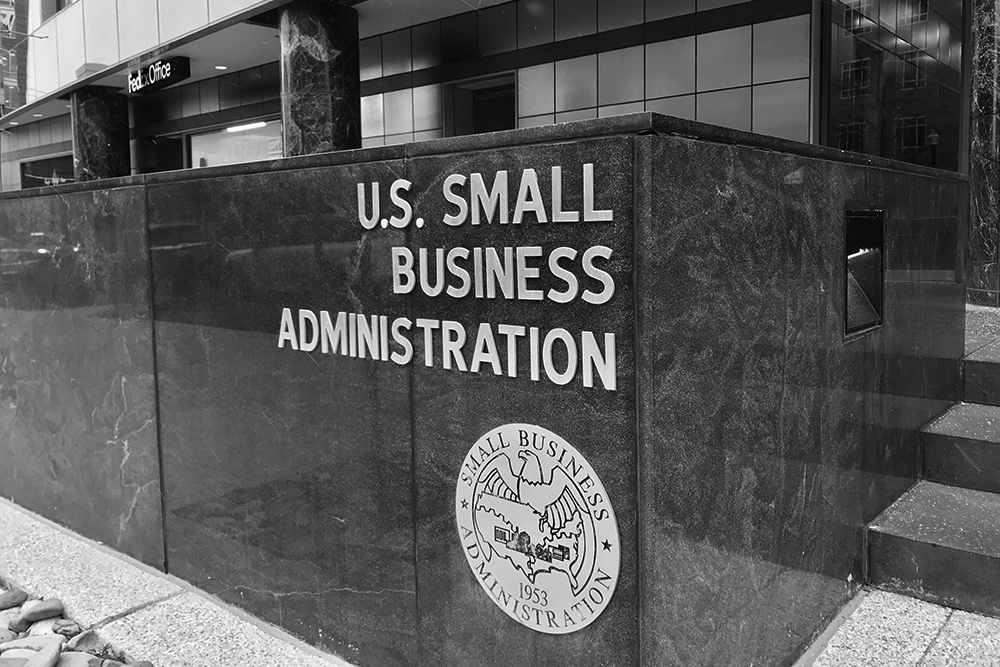Noah King
What Happens When the Federal Government Shuts Down
When the federal government shuts down, nearly all agency work grinds to a halt. Only essential federal operations continue, while everything else pauses until Congress passes new funding legislation. For government contractors—especially those providing non-essential services—this period can bring a lot of uncertainty. Agencies may close their doors, government employees may be furloughed, and the usual communication and oversight processes often come to a standstill.
Contracts funded through annual appropriations are at the greatest risk since these rely directly on government funding. Contractors might receive stop-work orders or face temporary facility closures, creating logistical headaches, personnel issues, and financial strain.
Unlike federal employees, most contractor staff aren’t guaranteed back pay once the shutdown ends. That’s why it’s so important to know which of your contracts are “excepted” (those deemed essential to life, safety, or property) and which are “non-excepted.” Reviewing key contract clauses—especially those in the Federal Acquisition Regulation (FAR) related to stop-work orders, contract changes, and disputes—can help contractors prepare and respond effectively.
The Immediate Impact on Contractors
For government contractors, the most immediate effect of a shutdown is the suspension of payments and work on certain contracts. Agencies may stop processing invoices, pause modifications, and delay new awards, creating immediate cash flow concerns. For ongoing projects, contractors must proceed carefully—some work may continue if funded by prior-year appropriations, while others must halt entirely if government oversight or access to secure facilities is unavailable. It’s crucial to document all work performed up to the shutdown, communicate promptly with contracting officers, and avoid any “volunteer work,” as it won’t be compensated without written authorization.
Shutdowns also add layers of compliance complexity. Defense and civilian contractors may face different standards, and the specific clauses in each contract can determine what actions are permissible during the shutdown period.
Mitigating Shutdown Risks
Reducing the impact of a potential shutdown starts well before one happens. Contractors should take time to review their agreements for key provisions like stop-work and termination-for-convenience clauses, update cash flow projections, and prepare contingency plans for possible furloughs or resource shifts. During a shutdown, it’s essential to keep all communication with contracting officers in writing—documenting instructions, status updates, and any changes to scope or performance. Maintaining detailed records will make future claims or contract modifications much smoother.
Once the shutdown ends, contractors should act quickly to request equitable adjustments for any added costs or delays caused by the government’s actions—or lack thereof. Consistent, transparent communication is key throughout the process. Be sure to formally notify subcontractors, suppliers, and employees of changes, and stay connected with government and industry associations for the latest guidance.




